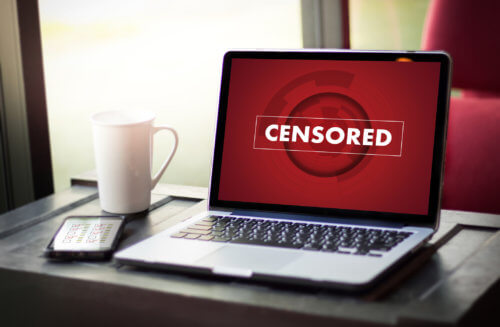Last Updated on July 9, 2022, 9:41 am ET

The Library Copyright Alliance (LCA) opposes a new copyright bill that would burden libraries and limit free expression online.
The Strengthening Measures to Advance Rights Technologies (SMART ) Copyright Act of 2022 (S. 3880) would amend Section 512(i) of the Digital Millennium Copyright Act (DMCA), requiring libraries to implement as-yet-unknown technological measures in order to maintain liability limitations. Additionally, the bill would create a new Section 514, which establishes a new rulemaking process by which the librarian of Congress would designate the technical measures service providers would have to implement in order to avoid damages liability. The librarian of Congress would be authorized to exclude libraries and educational institutions from the rules, but libraries would have to participate in this bureaucratic rulemaking process to make the case for these exemptions. A better approach would be to exclude libraries, archives, and educational institutions altogether. If not exempted, libraries would be required to implement government-mandated technical measures that may be costly and harmful; for instance, any filtering technology has the potential to automatically block materials that are permissible to share under fair use and otherwise burden free speech on the internet. LCA previously expressed concerns about filtering technology in response to Senator Tillis’s “Digital Copyright Act of 2021” discussion draft.
As the LCA opposition outlines, the SMART Copyright Act is unnecessary because the DMCA includes powerful tools to protect against internet piracy, which is the ostensible goal of this new bill. Section 1201(a)(1) of the DMCA prohibits the circumvention of technological protection measures to access a copyrighted work, and Section 1201(a)(2) and 1201(b) prohibit the trafficking of devices that enable circumvention. Further, rights holders and service providers routinely use technical measures to identify and block infringing content. If no “standard” technical measure has been adopted, it’s because smaller service providers like libraries do not have the resources to adopt technical measures designed for larger commercial platforms.
Further, this legislation—introduced by Senator Tillis (R-NC) and Senator Leahy (D-VT)—is premature. The US Copyright Office is holding a consultation on technical measures that identify or protect copyrighted works from piracy, based on a request from Senators Tillis and Leahy. LCA participated in this consultative process, which is preferable to the tech mandate regime that this bill would establish.
Members of the balanced copyright community–including libraries, internet creators, civil society groups, and other experts–oppose the SMART Copyright Act because of the government tech mandate, its implications for cybersecurity, and the potential costs and risks to smaller platforms.
To date, S. 3880 has not been subject to a hearing. If this bill moves forward, we ask Congress to ensure it happens in regular order—including opportunities for public hearings—and not be attached to must-pass legislation.



